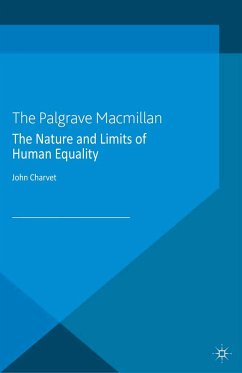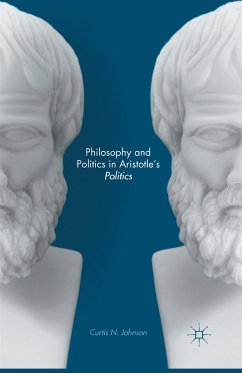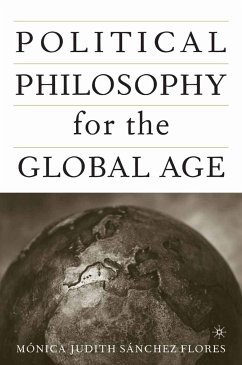
The Nature and Limits of Human Equality (eBook, PDF)
Versandkostenfrei!
Sofort per Download lieferbar
40,95 €
inkl. MwSt.
Weitere Ausgaben:

PAYBACK Punkte
20 °P sammeln!
The belief in equality as the basis of a just society is fundamental to the dominant western, liberal viewpoint. Yet, the standard individualist justification for it is weak and contradictory. This book provides a radically new communitarian account of the value of equality and establishes it's proper limits.
Dieser Download kann aus rechtlichen Gründen nur mit Rechnungsadresse in A, B, BG, CY, CZ, D, DK, EW, E, FIN, F, GR, HR, H, IRL, I, LT, L, LR, M, NL, PL, P, R, S, SLO, SK ausgeliefert werden.












